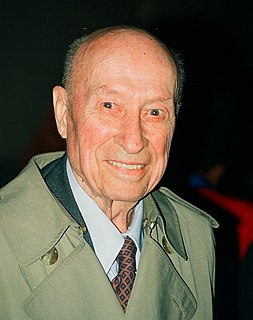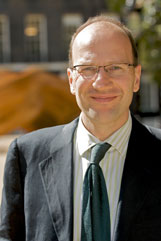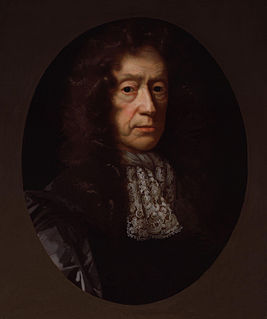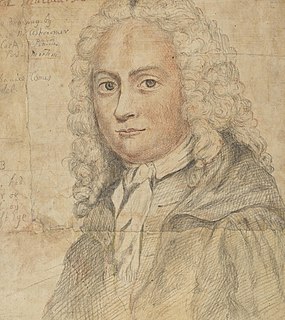A Quote by Michelle Richmond
I have a hunch that our obsession with photography arises from an unspoken pessimism; it is our nature to believe the good things will not last. . . But photos provide a false sense of security> like our flawed memory, they are guaranteed to fade. . . . We take photographs in order to remember, but it is in the nature of a photograph to forget (pg 157)
Related Quotes
I photograph continuously, often without a good idea or strong feelings. During this time the photos are nearly all poor, but I believe they develop my seeing and help later on in other photos. I do believe strongly in photography and hope by following it intuitively that when the photographs are looked at they will touch the spirit in people.
I believe that God will help us to forget things, the memory of which would do us harm, or rather that He will enable us to remember only so much of them as will be for our good, and we, ourselves, not emotionally overwhelmed. The pain endured. The lesson learned. Let it now be forgotten! Face the future with courage, cheerfulness, and hope. Give God the chance and He will make you forget all that it would be harmful to remember.
But perhaps that's why we take snaps...to provide false evidence to underpin the false claim that we were happy. Because the thought that we weren't happy at least for some time during our lives is unbearable. Adults order children to smile in the photos, involve them in the lie, so we smile, we feign happiness.
Our life as consumers seems light years away from that of our grandparents. But you don't change human nature. Optimism, for me, is the belief that we can spread the opportunity for everyone to be fully human. Sustainability, like music, is an impulse to make sense of the world around us. It is core to our humanity. If you only like one composer, or think all the best music has already been written, you have reason for pessimism. If not, it is within us to have good reason for hope
Our good nature and endearing qualities will not arouse the answers to our prayers. Rather it is our mischievous, dishonest attributes that provide the master keys to heaven. When we identify and work to transform our self-centered qualities and crooked characteristics, the key turns and the gates unlock. Blessings and good fortune are now free to rain down upon us.
Our ingenuity in feeding ourselves is prodigious, but at various points our technologies come into conflict with nature's ways of doing things, as when we seek to maximize efficiency by planting crops or raising animals in vast mono-cultures. This is something nature never does, always and for good reasons practicing diversity instead. A great many of the health and environmental problems created by our food system owe to our attempts to oversimplify nature's complexities, at both the growing and the eating ends of our food chain.
The Idols of Tribe have their foundation in human nature itself, and in the tribe or race of men. For it is a false assertion that the sense of man is the measure of things. On the contrary, all perceptions as well of the sense as of the mind are according to the measure of the individual and not according to the measure of the universe. And the human understanding is like a false mirror, which, receiving rays irregularly, distorts and discolors the nature of things by mingling its own nature with it.
It is not therefore the business of philosophy, in our present situation in the universe, to attempt to take in at once, in one view, the whole scheme of nature; but to extend, with great care and circumspection, our knowledge, by just steps, from sensible things, as far as our observations or reasonings from them will carry us, in our enquiries concerning either the greater motions and operations of nature, or her more subtile and hidden works. In this way Sir Isaac Newton proceeded in his discoveries.
We must remember our duty to Nature before it is too late. That duty is constant. It is never completed. It lives on as we breathe. It endures as we eat and sleep, work and rest, as we are born and as we pass away. The duty to Nature will remain long after our own endeavors have brought peace to the Middle East. It will weigh on our shoulders for as long as we wish to dwell on a living and thriving planet, and hand it on to our children and theirs.
Christ, in short, asks us to give everything, all our false redemption in the lifeboat, all our false ideas about who God is, all our trust in something other than God to redeem us. In so doing, we die to our broken natures in exchange for His perfect nature, and find unification with Him that will allow God to see us as one.







































